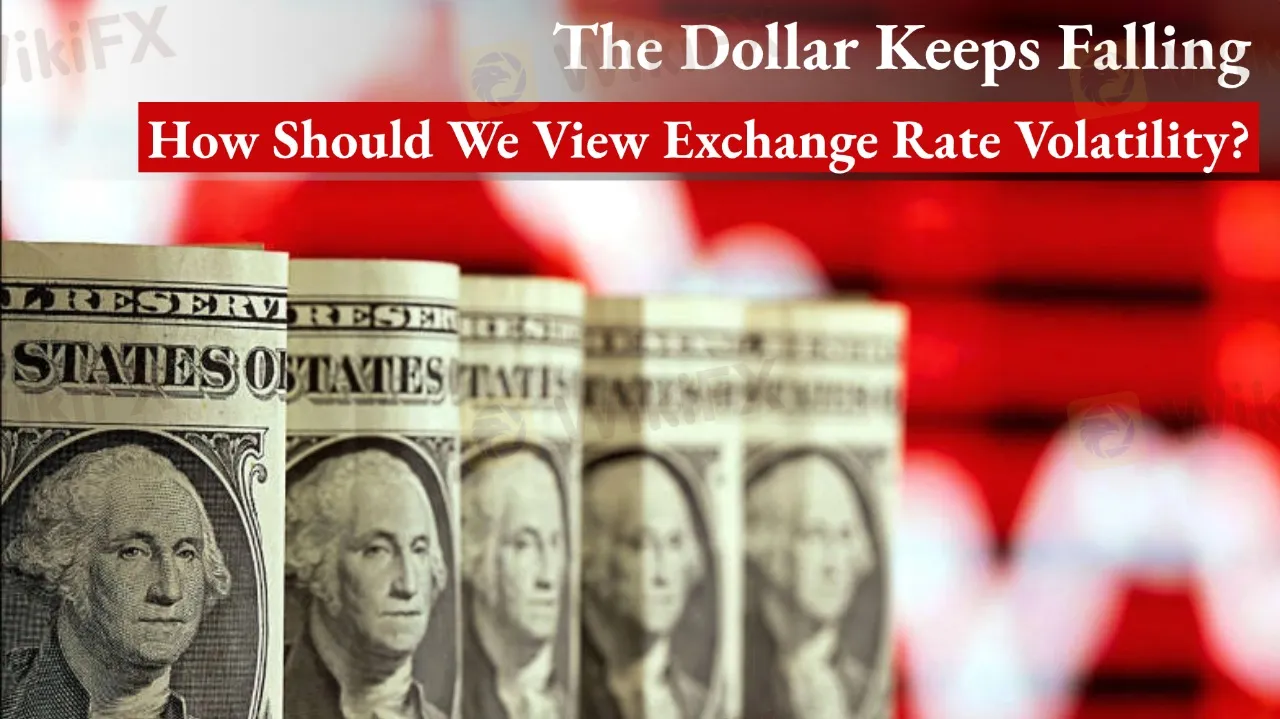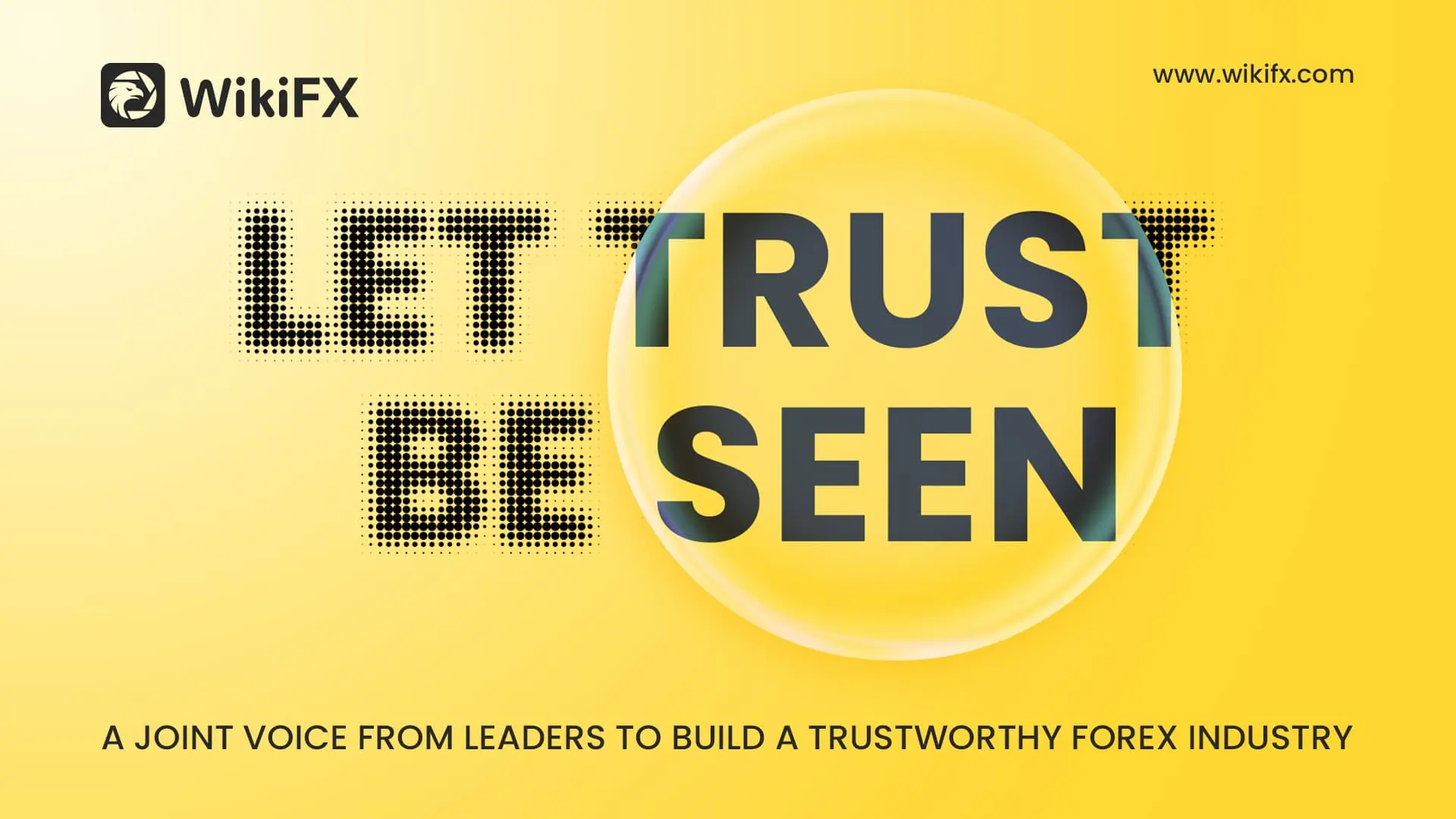Abstract:The U.S. dollar continues to weaken, triggering ripple effects across global markets. Beneath the currency’s depreciation lies a deeper crisis in its credibility, institutional foundation, and global financial status.

In the first half of 2025, the U.S. dollar index (DXY) has plummeted. On June 26, it dipped below 97, bringing its year-to-date loss to over 10%—the steepest mid-year drop since 1986. This sharp decline has led many to question the dollars status as a safe-haven asset and sparked discussions over whether the era of U.S. dollar hegemony is drawing to a close.
Several overlapping factors are behind this depreciation. Aside from uncertain interest rate expectations and ballooning fiscal deficits in the U.S., global capital is increasingly retreating from dollar assets. From official institutions to large funds, investors are reassessing the dollars weight in global portfolios.
Cracks in the Dollar‘s Three Pillars
The dollar’s fall isnt just about market sentiment or short-term adjustments—it reflects structural issues weakening the three key pillars of its global status: current account stability, institutional trust, and monetary policy independence.
First, the U.S. trade and current account deficits have widened. In Q1 2025, the trade deficit hit a record $450.2 billion. This chronic imbalance, driven by the Triffin dilemma, is casting doubt on the sustainability of the dollars liquidity role.
Second, confidence in U.S. institutions is wavering. Rising political polarization and policy unpredictability are eroding the long-standing trust in the U.S. economic and legal system.
Third, concerns over the Federal Reserve‘s independence are growing. Political pressure, including early discussions of leadership changes, is undermining investor confidence in the Fed’s policy objectivity and consistency.
Global Financial Order in Transition
The dollars dominance as a settlement, pricing, and reserve currency faces growing challenges.
On one hand, de-dollarization is gaining momentum. More countries are exploring non-dollar settlements and diversifying their reserves. According to OMFIF data, nearly 30% of central banks plan to increase holdings in the euro or renminbi over the next two years.
On the other hand, the dollars fall is pushing commodity prices higher, contributing to inflation pressures. For emerging markets, it creates vulnerabilities in their balance of payments and currency stability.
Volatile interest rates and commodity markets are disrupting investment plans and adding pressure to corporates—particularly those dependent on dollar-denominated inputs.
Navigating Exchange Rate Risk
For investors, exchange rate fluctuations affect not only asset prices but also real returns.
Those holding dollar assets face mounting exchange losses. Even with strong equity performance, returns converted to local currency may shrink.
Meanwhile, hedging with gold or commodities becomes more complex amid heightened volatility. Risk-reward calculations demand greater precision.
Asset managers and high-net-worth individuals are actively diversifying currency exposure. Some American clients are seeking opportunities outside the U.S., while Asian investors are reevaluating the share of dollar assets in their portfolios. Personal finance decisions—like overseas spending or tuition payments—are also increasingly sensitive to exchange rate shifts.
Why Do They Fluctuate?
An exchange rate reflects the price of one currency relative to another, and serves as a fundamental pillar of international finance. It directly affects trade, investment, and global capital flows.
Key drivers of exchange rate movement include:
1. Economic Fundamentals
When a countrys economy is strong, it attracts foreign capital, pushing its currency higher. Conversely, a weak economy deters investors, leading to depreciation.
2. Monetary Policy
Interest rate changes by central banks—such as the Fed or the European Central Bank—have a direct impact. Higher rates increase returns on local assets and attract capital, driving up the currencys value.
3. Current Account Balance
Persistent trade surpluses support a strong currency, while ongoing deficits create downward pressure.
4. Political Stability & Institutional Trust
Political transparency and policy predictability reinforce currency credibility. Uncertainty—whether due to elections, geopolitical tensions, or erratic regulations—undermines confidence.
5. Market Expectations & Sentiment
Investor expectations and herd behavior can amplify moves. Anticipation of rate hikes, geopolitical events, or credit rating changes can trigger rapid exchange rate swings.
6. Global Risk Appetite & Flight to Safety
During times of uncertainty, funds often flow into so-called “safe-haven” currencies such as the U.S. dollar, Japanese yen, or Swiss franc—though this dynamic is now being questioned.
The impact of exchange rate fluctuations is vast. It affects exporter profits, multinational earnings, bond valuations, and everyday personal finances.
For exporters, a strong local currency means overseas revenues convert into fewer domestic units—hurting competitiveness. For importers, a stronger home currency reduces costs.
In bond markets, a rising dollar can boost the appeal of dollar-denominated debt for foreign investors. In equities, companies with global operations see profits shift depending on exchange rates.
Even personal activities—like international travel or foreign tuition payments—can be significantly affected by currency swings.
Thus, managing exchange rate risk has become essential for governments, businesses, and individuals alike. Diversification, hedging tools, and strong financial literacy are key to navigating the new era of currency volatility.
The weakening dollar signals more than just a temporary trend—it may be a sign of deeper shifts in the global financial order. Exchange rates arent just numbers; they reflect global trust. In a world of growing uncertainty, understanding these dynamics and building sound risk management strategies is essential for all investors.










